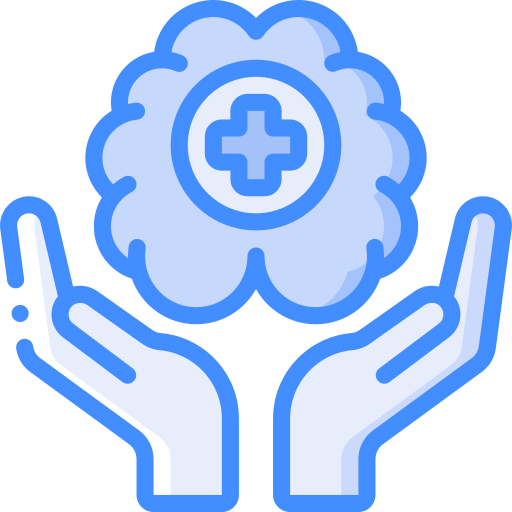Welcome to the tenth issue of Badges and Behavioral Health, it’s hard to believe we’ve already done that many. Nevertheless, we appreciate everyone who takes the time to read these issues.
In this issue, we're going to spotlight efforts in crisis intervention and behavioral health. We’ll bring you three articles and deepen your understanding of these concepts. Who knows? Maybe you’ll even find an idea that works for your program.
Let's dive in! 🚀
Today’s Brief:
Four Rivers Behavioral Health Service (1-minute watch)
Crisis Opioid Response Unit in Chandler, Arizona (2-minute read)
Michigan Department of Education Embraces Behavioral Health (6-minute read)
Bonus Brief! (4-minute read)

Four Rivers Behavioral Health is a nonprofit organization dedicated to offering comprehensive mental health, substance abuse, and developmental disability services to the community. Their goals include evaluating and planning for the community's behavioral health needs, providing accessible and efficient services, advocating for individuals with behavioral health challenges, and engaging in active outreach for prevention and early intervention. Four Rivers offers programs such as the William H. Fuller Center for substance abuse disorders and the Turning Point Recovery Center, which is expanding with a new facility in Mayfield. To support their mission, donations can be made through their website.

The Chandler Fire Department has launched the Crisis Intervention Opioid Response Unit/Program (CR2840) to provide immediate support to individuals affected by substance use disorders and opioid overdoses. The program features a team of trained crisis response professionals who offer critical intervention services at the scene of overdoses, including emotional support, educational resources, and life-saving treatments. The primary objective of the unit is to save lives by distributing Narcan nasal spray, a medication that can reverse the effects of opioid overdoses. The CR2840 team will also provide education on prevention, signs of overdose, and the importance of early intervention, working in collaboration with other local agencies and hospitals to reduce overdose-related deaths and support long-term recovery efforts.
Sponsored by: Julota


Michigan schools face rising mental health needs, with students struggling with anxiety, depression, and trauma. School counselors are overwhelmed, and community mental health agencies play a crucial role in providing support. Despite increased funding, barriers like competition for mental health professionals and rigid funding rules persist. Efforts to expand school-based mental health programs are underway, but challenges remain in ensuring every student has access to care. Initiatives in Sanilac and St. Clair counties showcase unique approaches to supporting student mental health. Experts emphasize the need for sustainable funding, workforce development, and collaboration between schools and mental health providers to strengthen mental health support in schools.
Bonus Brief
The Care Response Pilot Program in Cleveland's 44102 and 44105 ZIP codes offers specialized mental health intervention with trained professionals and peer support.
Thank you for reading this issue of Badges and Behavioral Health. We hope you found the information valuable and look forward to bringing you more insights in our next issue. Until then, stay safe and informed.



